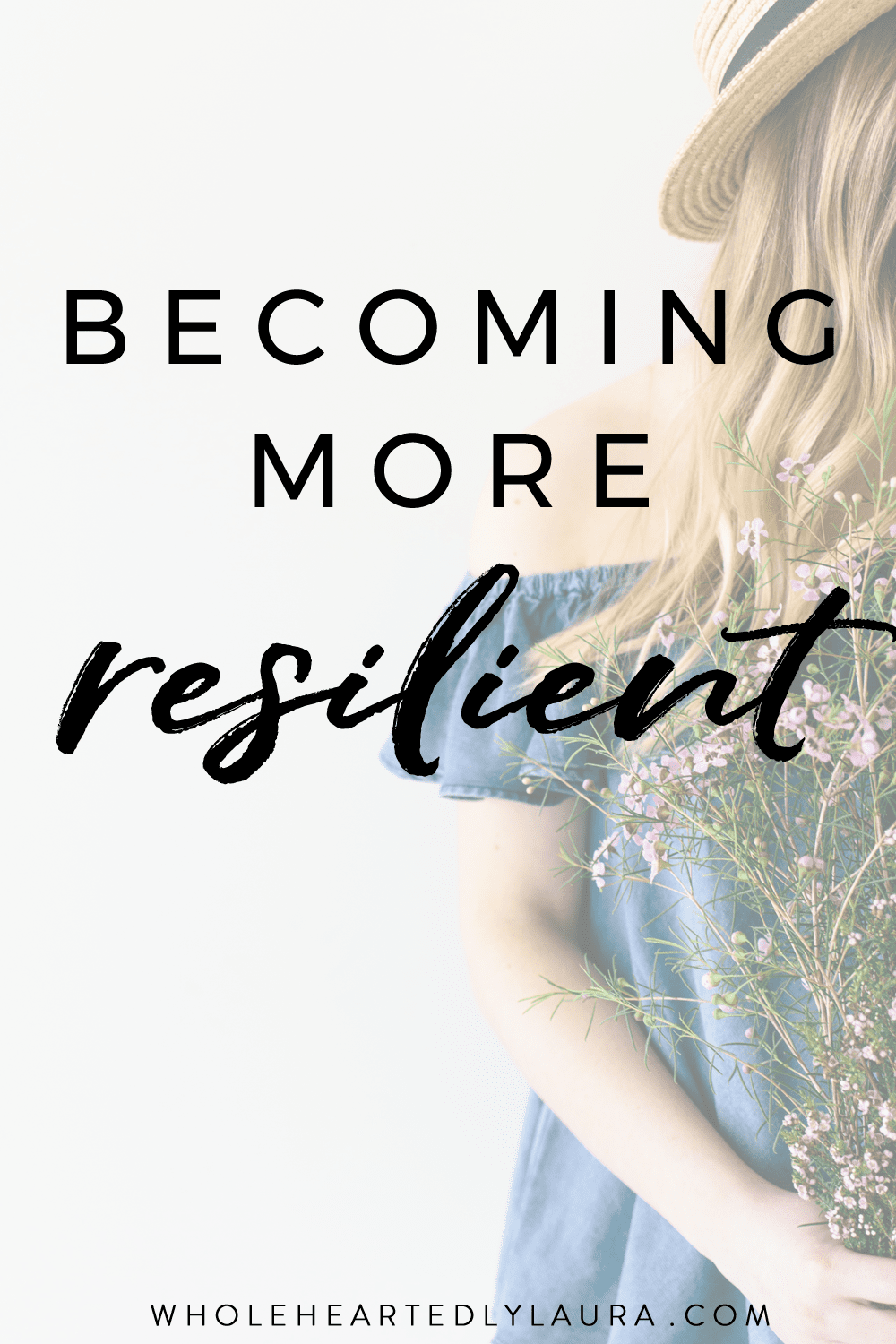

When my son Finley was just 1 and a half weeks old we took him into A&E with breathing difficulties and ended up discovering he had a heart defect that needed open heart surgery. The time between finding out and him having his surgery at just 8 weeks old and recovering was the hardest time of my life. There were times I just wanted to check out of my life for a while because it was too much to bear, but in the end we all got through it.
When I think of resilience in personal terms, I think about that experience.
Life will throw all kinds of shit our way, that’s just the nature of being human. But being resilient enough to manage those experiences can have a significant positive impact on our wellbeing.
Apparently (in another Scandi semi untranslatable word like Hygge) Sisu is a Finnish term for determination, grit, bravery, resilience and hardiness. When thinking of the modern world we now have to navigate, I think we could all do with a bit more Sisu!
So what does it mean to be resilient and how can we become more resilient? Funnily enough I used to use this term a lot when I worked in the charity sector, we’d often describe our work with young people as helping them become more emotionally resilient to potential funders.
The actual meaning of resilient is to ‘to withstand or recover quickly from difficult conditions’ or to be ‘able to recoil or spring back into shape after bending, stretching, or being compressed’ – I mean how awesome is that! I love the idea of being able to bounce back quickly!
But what does all that mean for us if we want to be able to withstand the difficult conditions of life?
Well, here are a few things to think about when it comes to your own resilience and how to bounce back from difficult situations with more ease…
Don’t avoid your feelings, process them
To be brave doesn’t mean you don’t feel afraid – bravery can only show up when fear shows up too. Sometimes it can seem easier to avoid our feelings, to numb them out or try and push them away, but that doesn’t make you more resilient in the short or long term. Processing our emotions about a situation will help you ‘bounce back’ more quickly that brushing them under the carpet. In fact, just practising feeling all your emotions more fully and learning how to deal with them in a healthy way will support you to become more resilient.
Have faith
This was a massive one for me when we were going through Finley’s health issues. I had faith in something bigger than me, that everything was going to be ok. I don’t tend to believe in some kind of benevolent force, more I feel the Universe just ‘is’, but I do believe that things don’t happen to us, they happen for us. That believe was enough to help me through the hardest times.
Whatever faith might look like to you – God, Goddess, Universe – or even just having faith in other people as well as yourself – that will get you through. I had faith in the doctors, nurses and surgeons who took care of Finley and that helped me cope.
Self care
I’ve banged on about self care in many, many posts but I’ll say it again, you just can’t run on an empty tank. Self care is an essential element of being resilient. If you aren’t taking care of yourself you’ll be so less able to withstand the tough parts of life. Practicing self care when the going is good helps create habits that support you through the times that are harder.
Ask for help
It can be very easy to think that being resilient is about doing it all yourself, however asking for help is the best thing you can do. No one exists alone and it takes a village to raise a child. Getting used to asking the right people for help will support your own resilience and quite often theirs too because they’ll feel more comfortable asking you for support in turn.
Know how you tick
This is a biggie – when you know how you tick – what you need and what you don’t need, what works for you and what doesn’t, everything falls into place. When you know how you tick, you’ll know if you need time alone to process or time with others to support. You’ll know if you need to get out of the house or stay home, if you need more time or less time. Knowing how you tick makes it far easier to weather the storm and to bounce back afterwards in a healthy way.
What do you think of resilience? When in your life do you think you’ve displayed resilience? How long does it take for you to bounce back?



0 Comments